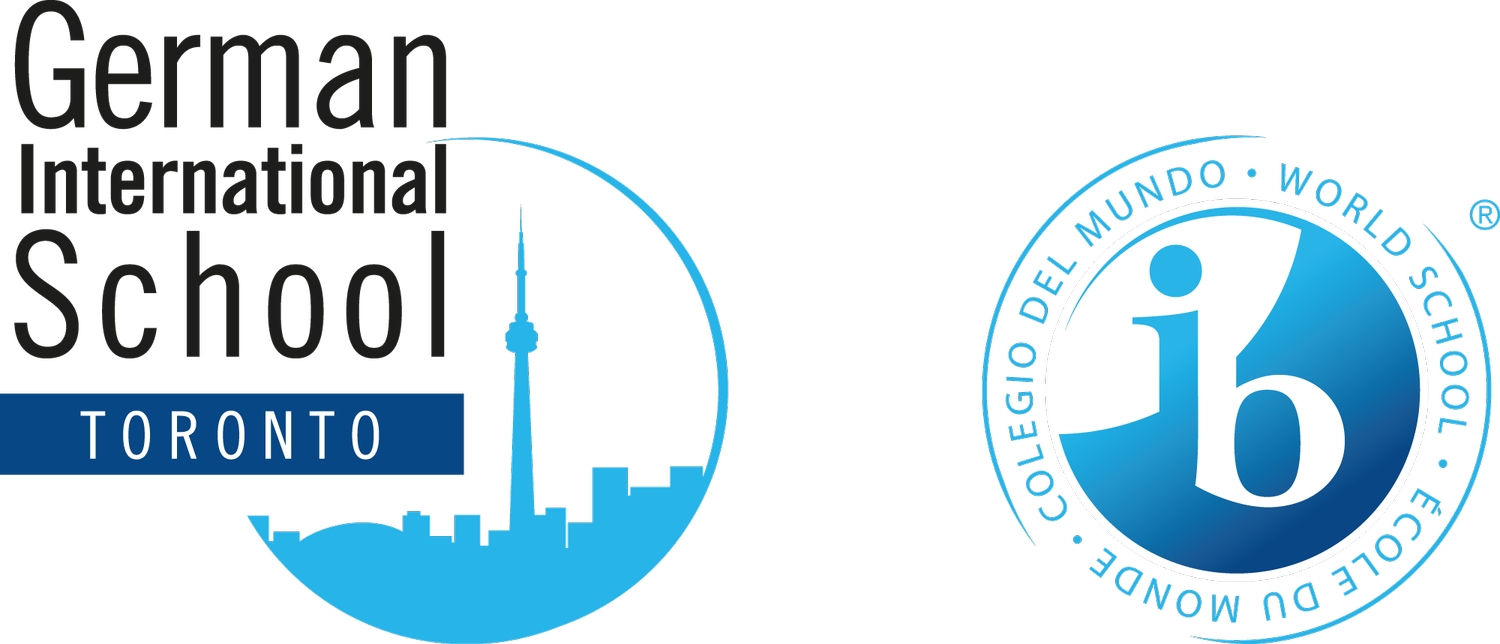PreK to SK
All children have the miraculous power to transform into whatever they want to be.
Kindergarten is a German word! It reflects the German understanding of early childhood education: “Kindergarten” is different from “School”. Our Kindergarten is open for all children ages three to five. It is not necessary to speak English or German.
The Kindergarten places the child into complete focus. Each child’s development is promoted by an educational program which is both child-centred and play-based. Children learn all the time! It is important that an educational program ensures that learning is a positive encounter. Kindergarten is not about worksheets and school desks. It is about experiencing, exploring and discovering, smelling and feeling, being active, and it is about getting your hands dirty. In our Kindergarten, we achieve this through a play-based curriculum.
Play-based approach
Children are naturally motivated to play. A play-based approach builds on this motivation, using play as a context for learning. In this context, children can explore, experiment, discover and solve problems in imaginative and playful ways. A play-based approach involves both child-initiated and teacher-supported learning. Our teachers encourage children’s learning and inquiry through interactions that aim to stretch their thinking to higher levels. Ideally, the children get so excited to explore and solve problems that they don’t even recognize that they are learning.
Some of the benefits of a play-based approach include:
Enhances self-confidence
Develops creativity
Fosters independence
Helps children overcome fears
Teaches children to share and settle disagreements with others
Encourages children to exercise decision-making skills
Helps children discover areas of interest on their own
Keeps children active
Develops social skills
Encourages children to interact with their peers
Encourages discovery and learning without self-consciousness that is sometimes present with structured learning
Alleviates the effects of pressure and stress
And, of course, it’s fun!
As we have different age groups in the Kindergarten we always make sure that all of our activities are broken down for each age group. They may talk about the same general topic, but during the activities, there will be different levels for each age group.
Languages
Our bilingual Kindergarten is a place where we play, learn and grow together. Three educators care for one Kindergarten class. Our teachers are native English and native German speakers who interact solely in their native language while with the group. We also regularly have interns from Germany joining and supporting the group. The intention for the teachers is to support each child as individually as possible in their language learning process. We offer phonetic programs in both languages for the senior kindergarten children. As a result, our children are confident and proficient language users who are ready for school at the end of the kindergarten program. The GIST also offers extra German support for all children that speak little to no German. In these extra classes they build their German vocabulary and learn how to use the correct grammar. The Kindergarten children also participate in a French lessons once a week. During this lesson they learn simple phrases and words, sing songs and play games.
STEAM_MINT
STEAM_MINT has become an integral part of early childhood development. The earlier children successfully deal with scientific topics, the more positive their experiences will be. Children’s curiosity is great and the question of why is constantly present. Children are therefore born to explore and investigate. While the whole world is full of wonder for children, we often forget to marvel and ask questions as we get older. This is why we start with STEAM_MINT as early as Kindergarten. The children explore and research throughout the day and are always encouraged to ask questions. We try to involve the children as much as possible in finding out how things work or finding answers to questions. Our play-based approach gives us the opportunity to let the children explore the classroom and the outdoors without sometimes even knowing that they are learning.
Transitioning
Our Kindergarten is tightly connected to the school. The Senior Kindergarten joins our combined Grades 1 and 2 of our Elementary School once weekly. The main goal is to prepare the children for school. Senior kindergarten children have phonetics lessons four times a week, twice in German and English. In these lessons, the children learn about the alphabet, the pronunciation of the different letters, and how to find different letters in words. The children also learn how to hold a pen correctly and begin to learn how to read and write. Best of all, during the combined classes in grades 1 and 2, they meet some of their future classmates!


